|
In this article, we will go over some practical tips to improve your rental safety and why you should consider them seriously. Embracing the joy of moving into a new rental property involves more than decorating your space. It’s crucial to make safety your priority. This article offers practical, easy-to-follow tips to improve your rental safety, ensuring that your exciting transition into your new home is secure and serene.
Understanding Your Rental Rights Kicking things off, it's crucial to acquaint yourself with your tenant rights. National and local rental laws exist for your protection, often covering aspects you might not consider. The lease agreement is a detailed document outlining your rights and responsibilities. Therefore, a thorough understanding of its terms becomes pivotal for your safety and peace of mind. It serves as your first step in building a secure rental environment. Importance of Proper Insurance The area often underestimated by tenants is insurance. A solid renter's insurance policy covers personal property loss and liability risks, extending a safety net during unexpected incidents. Even if it's not mandatory per your lease agreement, it's worth considering. This extra layer of protection can help you avoid potential financial pitfalls. Therefore, selecting the right insurance policy is integral to maximizing your rental property's ROI. Securing Your Rental Physical security measures form the next layer of your rental's defense. Implementing high-quality locks and alarms is essential. Technological advancements have brought about smart home security systems offering a comprehensive shield of protection. Regular checks and maintenance of these security measures will further fortify your rental's safety. Enhancing Outdoor Safety Outdoor spaces often get overlooked when discussing how to improve your rental safety. However, well-lit exteriors and clear pathways can significantly reduce the risk of accidents or unwelcome intrusions. If your rental property includes a balcony or a patio, ensure they are safely enclosed. Adding these areas to your security checklist extends your peace of mind beyond your interior walls. Fire Safety Ensuring your rental property is well-equipped to deal with potential fire hazards is important in transitioning to fire safety. This means functional smoke alarms and carbon monoxide detectors at suitable locations. Safe cooking, turning off heating equipment when not used, and keeping flammable materials at a safe distance significantly reduce fire risks. Fire safety isn’t an area for compromise; these steps can protect you and your possessions. Online Safety and Rental Scams In the era of digital transactions, online safety has become a significant part of rental safety. Protecting yourself from rental scams involves vigilant verification of information. Share your details with caution. Also, a secure Wi-Fi connection in your rental home prevents potential cyber threats. Balancing convenience with caution can save you from unnecessary troubles. Neighbourhood Safety Getting to know your neighborhood is another aspect that contributes significantly to your overall security. Our friends at Miami Movers for Less recommend familiarizing yourself with the local community, building connections with neighbors, and participating in neighborhood watch programs are effective ways to enhance safety. A safe neighborhood is not only a great place to live but also contributes to the quality of your life. Dealing with Maintenance Issues Maintenance issues in a rental property are almost inevitable. A key piece of advice here is establishing a good relationship with your landlord. It aids in the smooth and timely resolution of these issues. Prompt reporting of problems prevents them from escalating into bigger, more expensive repairs. Moreover, keeping a record of maintenance requests and responses serves as a reference and can be beneficial in the long run. Pet Safety in Rentals For those of you moving with pets, their safety also plays into your overall rental safety. Ensure your rental property is pet-friendly and safe. Secure balconies and windows, safely store toxic cleaning supplies and check the property for potential hazards. Happy pets contribute to a happier, safer rental experience. What to Do in Case of an Emergency Regardless of all safety measures, emergencies can still occur. Preparedness is key. Have a well-equipped emergency kit in your rental property. Know the quickest exit routes and have important contact numbers readily available. Effective communication with your landlord and local authorities can be crucial during such times. Moving to a New Rental Moving to a new residence involves more than just packing boxes and signing agreements. It's an opportunity to reassess your safety measures and plan for improvements. By integrating safety considerations into the moving process, you can not only relocate without troubles but also ensure that your new residence provides a secure and comfortable environment from day one. Safety Inspection Before Moving In Let's delve into the importance of safety inspections before moving in. Pay close attention to things to inspect before signing a rental agreement. This procedure safeguards your security and comfort in your new home. Robust locks on all doors and windows, a functioning fire safety system, and general property maintenance are crucial areas to assess. Take your time during this inspection. Documenting any pre-existing issues will help you avoid potential problems and strengthen your standing as a tenant. Home Safety Gadgets In addition to basic locks and alarms, several modern gadgets can improve your rental safety. Doorbell cameras, motion sensors, and smart lights can act as deterrence for potential intruders. Smart home devices can also alert you of unusual activity, letting you control your home's security remotely. The convenience and added safety make these devices worth considering. Child Safety in Rentals If you have children, their safety becomes another crucial aspect of your rental safety. Ensure that the property is child-proofed. Install safety gates, secure heavy furniture, and check for hazards like sharp edges or loose electrical outlets. A child-friendly rental keeps your little ones safe and lets you relax, knowing they are in a secure environment. Conclusion Conclusively, the importance of proactive safety measures in a rental property cannot be overstated. A secure rental home is a product of understanding your rights, conducting a thorough inspection before signing, investing in the right insurance, and preparing for emergencies. Adopt these strategies to improve your rental safety and relish the peace of mind it brings. Share these tips with others; together, we can create safer rental communities. Photo via Freepik Do you want to maximize your rental property's ROI? Check out these six tips to boost your rental income and make the most of your investment. Investing in rental properties can be a lucrative opportunity, but it requires effort and attention to detail to ensure you get the most out of your investment. In this article, we'll share six ways to help you maximize your rental property's ROI and build long-term wealth through real estate investing. Let’s explore how you can get the most out of your investment in real estate.
1. Focus on High-Quality Tenants One of the most critical factors for maximizing your rental property's ROI is having high-quality tenants. A responsible tenant can pay rent on time, take care of your property, and avoid causing unnecessary damage or disruptions. However, getting the best tenants is sometimes easier said than done. To attract quality tenants, start by conducting thorough tenant screening. This process should include checking credit scores, rental histories, and references from previous landlords. Additionally, consider requiring a security deposit and conducting a background check to ensure you select trustworthy and financially stable tenants. Another way to focus on high-quality tenants is by setting clear rental criteria and sticking to them. This includes factors such as minimum credit score requirements, income thresholds, and limitations on pets or smoking. By establishing these criteria upfront, you'll be more likely to attract the right tenants and avoid headaches down the line. 2. Keep Up with Maintenance and Repairs Maintaining your rental property is critical for both tenant satisfaction and increasing your ROI. Regular upkeep and timely repairs can prevent small issues from turning into costly problems. Addressing issues promptly is crucial to preventing further damage. If a tenant reports a problem, such as a leaky faucet or a broken appliance, it's essential to respond quickly and make necessary repairs. If your property has an HVAC system, changing air filters and inspecting heating and cooling systems can also prevent costly repairs. Performing seasonal maintenance is another key component of keeping your property in good shape. This includes cleaning gutters, checking for drafts, and inspecting roofing and siding. By taking care of your property, you'll not only prevent costly repairs but also create a more desirable living space for your tenants. 3. Increase Rental Income The best way to maximize your rental property's ROI involves increasing your rental income. Essentially, if you don’t set the correct value for your property, you could be suffering an opportunity cost. Conducting research on the local rental market is crucial for setting a competitive rent rate. Look at comparable rental properties in the area and set your rent at a rate that's competitive but still profitable. Offering amenities such as parking or laundry facilities can also add value to your property and increase rental income. Consider renovating or updating your property to appeal to potential tenants and justify higher rent rates. Another way to increase rental income is by considering fixed rent increases for long-term tenants. This can incentivize tenants to stay in your property long-term and make it more financially viable for you as a landlord. 4. Minimize Vacancy Rates Vacancies can be costly for landlords, both in terms of lost rental income and expenses related to advertising and filling the vacancy. To minimize vacancy rates, start by advertising the property effectively to attract tenants. Use social media, online rental platforms, and local classified ads to get the word out. Offering move-in specials or other incentives can also be an effective way to fill vacancies quickly. Consider offering a discounted security deposit or waiving fees for new tenants to entice them to choose your property over others. Staying on top of lease expirations is also important to minimize vacancy rates. Consider offering lease renewals well in advance and offering incentives, such as lower rent or waived fees, to tenants who renew their leases early. Another way to minimize vacancy rates is by ensuring tenant retention. By providing quality housing and attentive property management, you can create a positive rental experience for your tenants and encourage them to renew their leases. It is also possible that you are facing a high tenant turnover rate. In turn, this can greatly increase your vacancy rates since it will take you some time to find new tenants. Relocation experts from bravo-moving.com suggest looking into why tenants are moving out of your rental property. Consider asking previous tenants why they aren’t renewing their lease and which factors caused them to leave. 5. Take Advantage of Tax Benefits Owning a rental property can come with significant tax benefits. By taking advantage of these benefits, you can maximize your ROI and reduce your overall tax liability. One significant tax benefit of rental property ownership is depreciation. Depreciation allows you to deduct the cost of the property over time, reducing your taxable income. Additionally, many property expenses, such as mortgage interest, property taxes, and repairs, are tax-deductible. Another way to take advantage of tax benefits is by utilizing a 1031 exchange. This allows you to sell a rental property and reinvest the proceeds in another property without paying capital gains taxes. While there are strict guidelines for a 1031 exchange, it can be a powerful tool for maximizing your ROI and building long-term wealth through real estate investing. 6. Consider Professional Property Management Managing a rental property can be time-consuming and challenging, especially if you have multiple properties or a full-time job. Hiring a professional property management company can help you maximize your rental property’s ROI. Experts for property management in the Reno area can ensure that your property is well-maintained, vacancies are minimized, and rent is collected on time. A property management company can handle all aspects of managing your rental property, including tenant screening, rent collection, maintenance and repairs, and advertising. This can free up your time and allow you to focus on other aspects of your real estate investing strategy. While hiring a property management company comes with a cost, it can ultimately save you money by preventing costly mistakes and maximizing your rental income. What If You Have a Long-Distance Rental Property? Managing your rental property remotely can be a challenge, especially if you're moving interstate. However, with the right tools and strategies, it's possible to manage your property effectively from a distance. When you are relocating across the country, for example, interstate moving from California to Nevada and hiring movers, pros can give you a hand and ensure you have a smooth transition. Meanwhile, your property management company can keep things on track with your rental property. A professional property management company can help with everything from tenant screening to rent collection and maintenance. Additionally, technology can be a valuable tool for managing your property remotely. Many landlords are deciding to invest in long distance properties so that you won’t be alone in your situation. Thankfully, by using online platforms for rent collection and communication with tenants, you can streamline the process and keep everything organized. Finally, if you're moving interstate, it's important to research the landlord-tenant laws in your new location to ensure that you're complying with all regulations. With the right approach, you can successfully manage your rental property remotely and ensure that your investment continues to generate a strong ROI. In Summary If you want to maximize your rental property's ROI, it will require attention to detail and a commitment to providing quality housing and property management. By focusing on high-quality tenants, keeping up with maintenance and repairs, increasing rental income, minimizing vacancy rates, taking advantage of tax benefits, and considering professional property management, you can build long-term wealth through real estate investing. Image via Pexels Are you moving into a new apartment? Learn about the best ways to establish a good relationship with your landlord for years to come. As a tenant, having a positive relationship with your landlord is significant for several reasons. Not only does it make your living situation more comfortable and enjoyable, but it can also help you avoid potential conflicts and ensure that your needs are met as a renter. Here are some tips on how to establish a good relationship with your landlord. Communicate effectively One of the most important aspects of establishing a good relationship with your landlord is to communicate effectively. Make sure to keep your landlord informed of any issues or concerns you may have, and always be polite and respectful when communicating with them. Whether you prefer to communicate in person, over the phone, or via email, it's essential to be clear and concise in your messages. Pay your rent on time Paying your rent on time is not only a legal obligation but also crucial in maintaining a positive relationship with your landlord. Rent is the primary source of income for landlords, and any delays or defaults can lead to financial hardship for them. Therefore, timely payment of rent can go a long way in building trust and goodwill between you and your landlord. However, there may be situations where you may not be able to pay your rent on time due to unforeseen circumstances such as a job loss or a medical emergency. In such cases, it is vital to communicate with your landlord as soon as possible and explain your situation. This will help your landlord understand your circumstances and may give you some extra time to arrange for the payment Moreover, keeping an open line of communication with your landlord is always a good practice, even if everything is going smoothly. Regularly updating your landlord about any changes in your financial situation or personal circumstances can help them plan and make necessary arrangements. Keep your living space clean and well-maintained Keeping your living space clean and well-maintained is not only crucial for your well-being, but it also shows your landlord that you're responsible and respectful of the property. Be sure to promptly report any maintenance issues to your landlord, and keep your living space tidy and organized. Follow the rules To ensure a pleasant and hassle-free living experience, it is crucial to abide by all the rules and regulations specified in your lease agreement. It is essential to pay particular attention to noise restrictions, pet policies, and parking regulations, as these are often the most common areas of contention. You don't want to risk getting fined or even evicted for breaking these rules, so it's best to familiarize yourself with them as soon as possible. If you have any questions or concerns about any of the rules in your lease agreement, don't hesitate to reach out to your landlord or property manager. Moreover, if any maintenance or repair issues need to be addressed, report them to your landlord so that they can be resolved as soon as possible. Remember that your lease agreement is a legally binding contract between you and your landlord, so it's crucial to understand your rights and responsibilities as a tenant. By following the rules outlined in your lease agreement and maintaining a good relationship with your landlord, you can enjoy a comfortable and stress-free living experience. Be a good neighbor A positive relationship with your neighbors is essential for a comfortable living experience. It not only fosters a friendly community but also helps in building a good rapport with your landlord. Here are some ways you can do that:
Remember, being a good neighbor is not only about respecting others' rights but also about setting a positive example for others to follow. Be honest and transparent If you have any concerns or issues with your rental unit, it's essential to be honest and transparent with your landlord. This includes being honest about any damage to the unit and reporting any problems or issues as soon as possible. Being open and transparent can help build trust between you and your landlord and help avoid future conflicts. Respect your landlord's time Your landlord is likely busy managing multiple properties and dealing with other tenants, so respecting their time is important. If you need to meet with your landlord, make sure to schedule a time that works for both of you and be punctual for your appointments. Offer to help with small tasks If you notice a small task that needs to be done around the property, such as picking up trash or sweeping the walkway, offer to help your landlord out. This shows that you're willing to be a helpful and responsible tenant and can help establish a positive relationship with your landlord. Be a long-term tenant
Finally, landlords often prefer long-term tenants, as it provides stability and reduces turnover costs. If you're happy with your rental unit and plan on staying for a while, let your landlord know. This can help build a sense of trust and reliability and can make your landlord more likely to go out of their way to accommodate your needs. That is undoubtedly a great way to maintain a good relationship with your landlord. Now you can establish a good relationship with your landlord Establishing a good relationship with your landlord is essential for a number of reasons, and it doesn't have to be difficult. By following these tips, you can ensure that your living situation is comfortable and enjoyable while maintaining a positive relationship with your landlord. Photos via: Pexels Pexels Pexels Pexels What are the most common landlord-tenant disputes, and how can you handle them efficiently? Read on for our top tips. Ah, the joys of renting. You find the perfect place (at least that's your first thought), sign a lease, and think you've found your home sweet home. But before you know it, you're in the middle of a messy dispute with your landlord over something silly like a noisy upstairs neighbor or a broken dishwasher. You might think it's the end of the world, but you shouldn't worry. Landlord-tenant disputes are a pretty common thing, and many people get involved in them daily. However, since you're reading these words, we'll take a wild guess and assume you require some guidance on the subject. In the text below, we'll introduce you to common landlord-tenant disputes and how you can efficiently resolve them. Stay tuned! #1 Ah, the noise As we're sure you know, living in an apartment or condo can be great. However, there's something of a downside: you're sharing walls with your neighbors. And sometimes, those neighbors can be pretty noisy. Whether it's blaring music or stomping around in high heels for no particular reason, rowdy neighbors can drive you mad. The first thing you'll want to do is talk to your neighbors and ask them nicely to keep the noise down. If that doesn't work out, you can file a noise complaint with your landlord or the local authorities. But keep in mind; revenge is rarely the answer. Don't be someone who blasts death metal at 3 am just to get back at their noisy neighbor. #2 All the drama surrounding security deposits It's a famous syntagm landlord, and tenants usually fight about - the security deposit. In case you were wondering, landlords love it, while most tenants hate it. And when it comes time to move out, that's when the real drama kicks in. It usually goes like this: the landlord says you damaged the place, but you swear it was like that when you moved in. Sound a bit familiar? Luckily, there's a solution to this controversial issue. To avoid this dispute altogether, take pictures of the place when you move in and when you move out, as we've heard from the people over at Royal Moving Company. That way, you'll have proof of the condition of the property. And if your landlord tries to withhold your security deposit, you may need to seek legal advice. You've got rights as a tenant that need to be respected. #3 What about pet-related issues? Needless to say, pets are like family members. But not everyone (your landlord, most probably) loves them as much as we do. And that can cause certain issues when you're renting a place. For instance, your landlord mightn't allow pets in the building, or your neighbor might have a childhood fear of dogs. If you're a pet owner, make sure you're upfront with your landlord about your little furry friend. And if your landlord says no pets are allowed on the property, don't try to sneak them in. Trust us; it's just not worth the risk. However, if your landlord doesn't want pets on the property and you somehow don't have any other choice but to live there, see if you can negotiate a pet agreement that outlines your duties and responsibilities as a pet owner. #4 Various disputes over privacy and entry It's all about rights. Tenants have the right to privacy, but landlords also have the right to enter the property for repairs and maintenance. Entry and privacy disputes can show up once landlords enter the property without notice or a valid reason (it can happen). To steer clear of entry and privacy disputes, read your landlord's entry policy thoroughly and communicate your preferences in writing. If your landlord needs to enter the property, make sure they provide notice in advance. On the other hand, if your landlord enters the property without notice or a valid reason, see if you can document the incident. You'll need it once you try seeking legal advice. #5 Maintenance mayhem When renting a property, it's the landlord's responsibility to keep the place in good shape, right? But what do you do when something breaks? You call your landlord and hope they'll fix it promptly. But what happens when they don't? First, don't take matters into your own hands (even if you're a DIY champion). Instead, keep a record of all the times you've contacted your landlord about the issue. If they still don't fix it, you might have to take legal action. But hopefully, it won't come to that. #6 The problem with parking There are many things to consider before you rent an apartment. One needs to think about the details, and one of the common landlord-tenant disputes and concerns is parking. Parking disputes can appear when there's a lack of parking space in a particular area or property or when a tenant or guest parks in a spot that's reserved for someone else. So, how to avoid these situations? Well, you'll have to make sure you understand the parking policy and park in your designated spot. If there's a lack of parking space, try to work with your landlord to find a decent solution. If someone else is parked in your spot, speak to them politely and ask them to move. If the problem persists, contact your landlord. It’s as simple as that. #7 Hey, the lease says otherwise
Lease disagreements are pretty common, too. Your lease is like a contract between you and your landlord. But sometimes, there can be disagreements over what's in the lease. Maybe your landlord says you have to pay for utilities, but the lease says otherwise. Or, maybe your lease says you can have guests over, but your landlord says you're not allowed to do so. Your main objective here should be to read your lease carefully before you sign it, as any professional realtor would tell you. And if there's something you don't agree with, speak up. Don't assume that everything will work itself out. It's better to have those tough conversations upfront than to deal with various consequences later on. Final words on the subject Okay, dear readers, this was our take on the common landlord-tenant disputes and how to resolve them. Hopefully, now you're well aware of how these disputes aren't that rare. Also, now you're equipped with the necessary info on how to handle any type of issue that might come up between you and your landlord. Finding ideal tenants or landlords isn't an easy task, so don't worry too much about it. Until next time! Pictures via: Unsplash Unsplash Unsplash Unsplash There are several important things to inspect before signing a rental agreement. Read about the most important things to look out for. Moving into a new home can be a fascinating event. But moving away requires a lot of planning and preparation beforehand. One of the things everyone should do before they move into their new home is to inspect it. Knowing the things to inspect before signing a rental agreement can help you decide whether to rent that home. When you check the house thoroughly, you’ll know its actual state before packing your things. You’ll know whether the home's safe and secure and whether it is worth considering moving into. Electricity is one of the things to inspect before signing a rental agreement Faulty electricity in a home can lead to severe problems. A house that doesn’t have good electricity isn’t just annoying. It can also be dangerous. That’s why you should always inspect a home's electricity before signing a rental agreement. Check every light switch and lighting fixture when you examine the house. That will help you see whether there are any problems with the electricity. Afterward, try out the appliances. That will help you see whether there are any problems with the electricity and whether the appliances work. You can ask a professional to inspect the electricity before you sign a rental agreement to ensure there aren’t any problems. Inspect the plumbing as well Another essential thing to inspect before you sign a lease agreement is the plumbing. Not only can plumbing problems be challenging to deal with, but they can cause damage to the property and your things. Mold in the bathroom clearly indicates something is wrong with the plumbing. In addition, mold is one of the most dangerous things for your health that you can find in your rental property. Water damage on the walls or the floor is another way of knowing whether everything is in order with the plumbing. If there are any issues with the plumbing, take care of them before you move to protect your things from water damage. To protect your items during the moving process, experts from Rockstar Pro Movers advise you to use high-quality packing materials to protect them. That will ensure their safety during transport even further. Heating, AC, and ventilation No matter how great the property is, it can be challenging to live in it if the heating and AC aren’t working correctly. Inspect these things to find a home you’ll feel comfortable in at any time of the year. You won’t have to worry when the seasons and temperatures change. Besides this, make sure to check whether they are clean. A dirty AC and ventilation system can be dangerous for your health. If you notice they are dust-filled, ask the owner to take care of them before you move in. Inspect the paint Before you start planning your move, check out the home's interior. Take a look at whether there are any stains or scratches on the walls. Even if this is something you can live with, knowing that the damage existed before you moved in is essential. You won’t risk losing the deposit after you move out due to the paint damage. Of course, if you notice any water damage to the walls, notify the owner right away. Once the damage is taken care of, you can move in. If you don’t like the color of the walls, ask beforehand whether you can change it. Asking important questions like these will help prevent problems later on. Safety and security One of the most important things about the home you choose is related to its safety. Before you decide whether to rent it, check to see whether it is a safe and secure place to live in. Security cameras and security codes are some of the things to look for. Inside the home, look for a fire extinguisher and fire alarms. If there are fire alarms, inspect whether they are functioning. A carbon monoxide detector is another plus to look for in a home. You can also check out the crime rates for the neighborhood to know how safe the area is. That will help you decide whether to move here or not. Take a look at the furniture Don't overlook the furniture if you want to rent a furnished home. That is one of the most important things to inspect before signing a rental agreement. Inspect whether it is damaged or whether it needs cleaning. That is especially important to do with wooden furniture that may have termites. Bedbugs are another severe problem you need to be on the lookout for. In addition, see whether you have all the furniture you need. The amount of available furniture and storage space will help you determine which property to rent. Moving in after signing a rental agreement
Now that you’re done with the inspection planning, it's time to move. Moving can be a little more complicated if you are moving from one state to another. To save money on your interstate move, downsize the number of things you own by decluttering. After you finish decluttering, it’s time to find the right movers and calculate your relocation costs. You can find expert help in the state to help you relocate safely, even from CA to Nevada. To save even more money on your move, pack efficiently. Put similar items together and use every box to its fullest potential. In addition, make sure to secure the boxes and label them. Not only does this make moving more manageable, but it will also make unpacking a breeze. To conclude These things to inspect before signing a rental agreement are crucial. If you don’t inspect the home beforehand, you risk several things. First and foremost, you risk moving into an unfinished home or needing repairs. Things such as plumbing and electricity can cause several different problems if they aren’t in order. And if you are looking to move into a furnished apartment, the state and quality of the furniture will affect how you feel in the space. An inspection is one of the best things you can do to ensure your safety and comfort. It may take a little organization and time, but it will pay off as you can completely relax in your new home. Photos via: Pexels Pexels Pexels Pexels Learn what questions to ask your prospective tenant’s references in order to find the best tenant for your rental that won't cause trouble down the line! Choosing to let someone live in your rental is always a risk. If they cause considerable property damage, then you’ll definitely fail to turn a profit. In order to avoid this, it’s important to know what questions to ask your prospective tenant’s references. Do they have any pets or bad habits? The very first of the questions to ask your prospective tenant’s references is whether they have any pets or bad habits. This is a question you can very easily slot into the conversation, whether you got a personal reference, a work reference, or a reference to one of their previous landlords. The latter, of course, will provide the most reliable information. This is especially important if you are renting to tenants with kids since they can be tempted to try to work around your ban on pets by hiding them from you. Are they violent or cause problems? This is another one of the questions to ask your prospective tenant’s references, irrespective of who they are. Friends and family will hesitate to say anything negative about them, but even their hesitation reveals a lot. Naturally, if their boss or previous landlord does reveal a tendency for problematic behavior, you should immediately give up on leasing out your rental to them! Even if they claim the person has changed since then, there’s a chance that they’ll revert to their previous behavior. And you do not want to risk your rental in this manner. What’s their social life like? While it may seem like an odd or innocuous question, this is very important. You need to know whether your tenant will feel compelled to organize parties or large social gatherings. While they are not an issue per se, frequent parties or too much alcohol can still lead to serious damage being inflicted on your property. And, if you are renting to roommates, it is doubly sure to check both of their references for this potential pitfall. When people room together, the scale of the social gatherings can grow and increase the potential for your rental to get damaged. Do they make their payments on time? This is a question you need to ask the landlords listed on your potential tenant’s references. Their rent payment history immediately reveals whether you will have problems with getting your payments regularly. Of course, some allowances should be made. Running late once or twice over a period of five or six years is more than okay. But, if they have a tendency to run late often, or ask for frequent extensions, then your own budgeting suffers. You won’t be able to rely on their payments, and that might not be something you want to deal with. What can you tell me about their personality? This is a question you want to ask the employer or landlord of your potential tenant more so than their friends or family. Family or friends tend to view problematic personality traits far more leniently than they should. A former landlord, however, can attest to the quality of their character more reliably. You do not want to rent out your property to someone confrontational. Or someone who makes an issue out of everything. Once a lease has been signed, you are more or less stuck with them, so make sure they have a personality you can stand for the duration of the lease. Did they take care of the rental properly? This is perhaps one of the most important questions to ask your prospective tenant’s references. Of course, the only ones who can attest to this are their past landlords. If they haven’t had a previous landlord, and you have their parents as one of the references, you should ask them about the condition of their room at home. The question may seem humorous, but if answered honestly, it can give you a lot of information. Failing that, you can always ask about their tidiness and cleanliness at work. This, too, can provide you with some insight into how they’ll treat your rental. Were there any unexpected issues? We have here another question aimed at former landlords. If they ask for clarification, you can ask if any repairs were suddenly needed due to damage inflicted by the tenant. Some damage can be accidental, such as stains or scratches. However, if they’ve broken an appliance or a piece of furniture, it can hint at something worse, even if it was carefully disguised as an accident. If they have a history of breaking things, you probably want to remove your better furniture and decorative pieces. As the experts from hansenbros.com love to point out, they can stay safe in storage for as long as needed. Did your other tenants have any complaints about them? One of the best ways to gauge whether a tenant will be problematic is to ask about the complaints of their neighbors. If their former landlord or neighbor can attest that there were no problems, you can rest assured. If there were a qualified property manager looking after the rentals, they’d also be able to provide a lot of pertinent information on this subject. However, you probably don’t want a combative tenant who might disrupt the lives of your other tenants on your property. Would you let them lease your rental again?
The final of the questions to ask your prospective tenant’s references, if they’re a landlord, of course, is whether they would let them live in their rental again. There is no better way to check whether you want to let them lease out your property. If the answer is no, then even if they’d offered nothing but praise for the tenant previously, you can be assured there was something they’d held back. Carefully selecting the right tenant for you By using the questions to ask your prospective tenant’s references well, you’ll be able to find the perfect tenant for your rental! What ‘perfect’ means is different from landlord to landlord, of course. So, make sure to throw in any additional questions you believe are important to you! Picture Links: Unsplash Unsplash Unsplash Unsplash Let's learn ways to make kids safe and comfortable in a rental and how to easily turn it into a place where they can flourish and thrive. Renting a home can be a fantastic solution for families, but it can come with some challenges. When you have kids, safety and comfort should be at the forefront of your mind when renting a home. So what can you do to make your kids safe and comfortable in a rental? With the help of experienced property managers, we did thorough research, and here's how to adapt your new rental so that your kids feel cozy, safe, and fully comfortable; so, if you're ready to take your rental from drab to fab, get ready to let your imagination run wild! Join us as we explore creative ways to make kids safe and comfortable in a rental so your kids can get creative and be themselves. How to make your rental safe and comfortable for your kids? As a parent, ensuring that your kids feel safe and comfortable in their home is of the utmost importance. But what happens when that home is a rental? Renting a home comes with its own set of challenges, especially when it comes to making the space safe and inviting for your kids. However, with a little creativity and effort, you can transform your rental into a cozy and secure home for your family. There are plenty of decorating ideas for rental that you can use as inspiration to decorate to your taste. And when it comes to making your rental child-friendly, we're here to help you. So let's cut to the chase and explore ways to make kids safe and comfortable in a rental. Child-Proof Your Home One of the most important steps in making your rental home safe for your kids is to child-proof it. This will reduce the risk of accidents and injuries to your kids. You can start by removing any hazardous items from reach, such as cleaning products, sharp objects, and anything that could pose a danger to your children. Covering electrical outlets and securing loose rugs will prevent trips and falls. It's essential to make sure that all windows and doors have working locks, as well as to install smoke detectors and carbon monoxide detectors throughout the home. This will give you peace of mind and ensure that your children are safe. Organize Your Home for Safety Organizing your home can make it safer for your kids. You can use child-friendly storage solutions, such as low-level shelves and drawers, to organize toys and games. This will help to reduce clutter and keep the home tidy. Using labels or pictures to help your kids find what they need and putting things away when they're finished playing will make the home more organized and safer for your children. Keeping your home tidy and clutter-free is crucial to reduce the risk of accidents and injuries. This is especially true if you have toddlers running around. Get creative with storage solutions in your home, and in case you lack space, listen to the word of advice from the friendly team from Pro Movers Miami and rent a storage unit. It's an inexpensive and efficient solution to keep your home neat and your belongings safe. Create a Safe and Cozy Sleeping Area A good night's sleep is essential for kids, so it's crucial to make their sleeping area as safe and comfortable as possible. You can start by checking that the beds are sturdy and in good condition. Consider using a fitted sheet on the mattress to prevent accidents and to make it more comfortable. You should also have plenty of soft and cozy blankets on hand, especially during the colder months. If possible, try to place the beds near a window to provide natural light during the day. This will create a peaceful and inviting environment for your children to sleep in. Add Personal Touches By making an effort to personalize your rental, you'll instantly make it feel like home for both you and your kids. You can add photos, artwork, and other decorations to the walls. This will help your kids feel more connected to the space and make it feel like a true home. If possible, let your kids help with the decorating and choose items that they love. This will give them a sense of ownership and pride in their home and make it more special to them. Incorporate Natural Light Natural light can make a big difference in creating a warm and inviting environment for your kids. When renting a home, look for a property that has plenty of natural light, such as large windows or skylights. This will help to create a bright and cheerful environment that your kids will love. If the property doesn't have much natural light, consider adding lamps or other light fixtures to help brighten up the space. Not only will this create a more welcoming atmosphere, but it will also help to reduce stress and promote better sleep for your kids. And let's not get into the importance of vitamin D for your kids. Use Color to Create a Cozy Environment Colors can play a big role in creating a cozy and comfortable environment for your kids. You can use soft, warm colors, such as pastels or light neutrals, to create a calming and inviting atmosphere. Consider adding a pop of color with some bright accents, such as a colorful rug or some artwork. However, if you want to make sure to get your deposit back, check your lease or consult your landlord about whether you're free to make such changes to the place. If you're not allowed to paint the walls, you can always add some color with curtains, bedding, or wall art. You can even make a fun day out of creating family home art together! Encourage Play and Exploration Encouraging your kids to play and explore is a great way to make your rental home feel like a home. Setting up a play area where your kids can let their imaginations run wild is an excellent way to create a fun and safe space for your kids. You can use toys, games, and other activities to encourage exploration and learning. Make sure that the play area is safe and accessible, and keep it organized and tidy. This will allow your kids to play and learn in a safe and comfortable environment. In conclusion
As you can see, with a little effort and creativity, you'll easily make kids safe and comfortable in a rental. By following these tips, you can ensure that your kids feel safe, comfortable, and happy in your new home. And in case you're still looking for that perfect rental, make sure to reach out to expert property managers. They'll understand your wants and needs and, based on them, help you find a rental that perfectly fits. Photos used: https://www.pexels.com/photo/little-girl-playing-in-a-box-4569304/ https://unsplash.com/photos/deX-KChuboY https://unsplash.com/photos/lz9W775oDyI https://unsplash.com/photos/FHFfHWWzbCc Are you thinking about moving to Reno, NV? Whether you’re a current or prospective entrepreneur, Reno is a fantastic location to run a business. The city and state boasts all kinds of wonderful opportunities for entrepreneurs. You’ll enjoy robust community support for small businesses, an educated workforce, and no shortage of local resources designed to help local businesses thrive. In a rocky economy, the value of launching a business in a supportive environment cannot be overstated.
Availability of Rentals If you’re not in a position to buy a home, renting is a great alternative, especially in Reno. The city has a variety of rental options at price points suited to various budgets. Look for homes in a neighborhood that fit the needs and wants of your family. Once you’ve chosen a few suitable areas, view online listings to find properties in your price range. Most online rental sites will allow you to filter your search results based on your desired number of bedrooms and bathrooms, so remember to take advantage of these tools! Consider working with us here at Clark Real Estate to find the best rentals in Reno. Explore this and other reasons you should consider setting up shop in Reno: If you are a new landlord and don’t know much about renting to tenants with kids, you should check out our article and learn valuable tips. Renting is one of the most sought-after businesses today. And it makes complete sense—people like not having to work 9 to 5 and being their own boss. Renting gives you the freedom you don’t have with a regular office job. Not to mention that it can be a really lucrative endeavor. So, it’s no wonder people rent their guest rooms or convert their garages into small apartments. While all this sounds great, it doesn’t mean there are no bumps in the road when it comes to renting business, especially when it comes to renting to tenants with kids. This subject has been debated a lot, simply because some landlords often need help when renting to families with kids, especially really young ones. So, if you are a new landlord and are stressing about renting to tenants with kids, you should check out this article and learn a little more about that topic. Don’t discriminate First and foremost, you cannot discriminate against families with kids. Not only is it morally wrong, but it is also forbidden by law. While it’s natural to have concerns about kids being noisy and messy, the solution is not to ban them from renting. Chances are the parents will be responsible and make sure their kids don’t break anything or cause problems. If you are still on the fence about renting to tenants with kids, try to look at it from an economic point of view. Not renting to families with kids significantly lowers your income. Millions of people with families today are renters; there are single mothers and fathers with kids. Completely cutting off this type of renter can be a financially terrible decision for you. Do work on a relationship with your tenants One simple way to calm your nerves about tenants with kids is to simply talk to them. Try and start a healthy, friendly relationship with them. Share some of your fears with them and explain why you were hesitant to rent your property to them. Most tenants will be understanding. Especially those with kids. It works in their favor to have a good relationship with you. People who have kids don’t want to risk being kicked out of a property due to their kids misbehaving. They prefer being able to stay in one place for a long time because they want to give their kids stability. If you want to get off on the right foot with your new tenants, you can help them settle in. For example, if they are moving to Nevada and hiring movers, you can offer some advice. Tell them to let experts jump in and deal with a moving process and offer to connect with a trusty Nevada moving company you have hired before. Don’t be unpleasant to them Sometimes you might not really want to rent to tenants with kids even if it could be financially great for you, but due to anti-discrimination renting laws, you will have to. This can naturally be really frustrating and make you feel angry. However, taking this out on your tenants would be a horrible mistake. Your frustration is no excuse for being rude and unpleasant to them. It is not only wrong, but it can also be really bad for your business. One of the keys to success in the renting business is leaving a good impression and getting good reviews and feedback from past tenants. When a landlord behaves badly towards his tenants, it reflects poorly on his business. Bad reviews from tenants are really damaging and can turn people away from renting your property. Do make your property child friendly You can make your property child-friendly in a few simple and affordable ways. This is a nice way to make your tenants feel welcomed and to make sure your rental is safe. The first thing you can do is get cabinet locks. They will make sure little kids can’t reach any potentially dangerous items or liquids in kitchen and bathroom cabinets. These locks are affordable and easy to find in stores. The next thing you can do is get covers for electrical outlets. Electrical outlets can be really dangerous for little kids, so it’s better not to risk it. These covers are also affordable and easy to find in stores. And, finally, don’t forget safety nettings for windows. Kids always run around, and these settings make sure they don’t fall out of a window. This will leave a good first impression on your tenants and attract others to rent from you as well. Do be understanding when renting to tenants with kids No matter how responsible the parents that are renting your property with their kids usually are, they might struggle a little during the first few weeks in a new home. This is a big change for kids, and they might be a little noisier or messier due to stress. According to experts at Best Long Distance Movers, moving, especially long distance, is really stressful for kids, and they should be given time to settle in. Try and remember this during those first few weeks. Chances are that once kids settle in, there will be no problems. However, if the bad behavior continues after that, you have every right to raise your concerns and, in the worst-case scenario, evict the tenants. Be patient and understanding but still set boundaries and house rules. In conclusion
These are some basic dos and don’ts of renting to tenants with kids. As you can see, it can be challenging at some points, but it’s not unsolvable. The key is to be welcoming and understanding but up to a point. There should be mutual respect between you and the tenants. It’s best to talk everything through right at the beginning. Be honest and upfront and expect the same from them. Also, don’t forget the financial element and the importance of getting good reviews from your tenants. Photos via: Pexels Pexels Pexels Pexels Not owning the property doesn't mean you can't give it your personal touch. Here's how to make your rental feel like home! Even though you might not own a property, it's only natural to wish it feels yours while you live there. However, this can be challenging for renters in many ways, as renting comes with specific rules. For example, many landlords have a rule against nails on the walls for hanging artwork. That's why it's vital to ask your specific questions to your landlords before you choose the property, as you're the one who's going to be living here. For that reason, we create a list of ways to make your rental feel like home. Some of these ideas will help you feel more "at home" after a long day at work and simply help you enjoy the space more. Make your rental feel like home: Directions Renting a home or apartment can be an excellent option for many people as it gives you freedom and flexibility. Still, it can also feel temporary and lack a sense of belonging. However, for many people, renting is the only convenient option at the moment or the only one that's doable. So, if this is the option you're going for, and you wish to move to a new city and start fresh there, we say: Go on! Once you pack your belongings, find a team you can trust to transport your belongings safely, and say goodbye to your loved ones, you'll experience a mixture of feelings. In all of that, it's essential to be organized and stay on track. So, once you hire interstate movers for your California-Nevada move, it's time to focus on how you'll get a hold of your life in a new home and environment. Therefore, if you're looking to make your rental feel like home, there are several simple and cost-effective ways. Personal touch One of the most effective ways to make your rental feel like home is to add personal touches throughout the space. For example, hang pictures of your family and friends, put up artwork that you love, and display sentimental items like family heirlooms or vacation mementos. These personal touches will help make the space feel more like your own and add a sense of warmth and comfort. In addition to hanging pictures and artwork, there are many other ways to add personal touches to your rental. For example, consider adding throw pillows or blankets in colors or patterns you love or decorative accents like vases or candles. These small details can go a long way in making the space feel more like home. Also, magnetic frames are a good solution if landlords aren't keen on putting nails into walls. Creativity when it comes to storage space Maximizing storage is key to making any space feel more organized and efficient. If your rental lacks built-in storage, there are many ways to create additional storage solutions. Invest in furniture with built-in storage, like a coffee table with drawers or a bed with storage underneath. Alternatively, you can use creative solutions like under-the-bed organizers for this purpose. Another tip for maximizing storage is to declutter regularly and eliminate items you no longer need or use. This will help free up space and make the room more open and welcoming. Lighting is the key Good lighting can make a huge difference in how welcoming and comfortable a space feels. If your rental has harsh fluorescent lighting, consider replacing it with softer, warmer tones. You can also invest in floor or table lamps to create a more cozy atmosphere. In addition to replacing the light bulbs, you can also play around with the placement of your lighting to create a more inviting atmosphere. For example, you could add a dimmer switch to your living room to create a softer, more relaxed feel or use floor lamps to add a warm glow to a bedroom. Plants will make your rental feel like home instantly Adding a touch of greenery can bring life to any space and make it feel more welcoming. Choose low-maintenance plants like succulents or herbs that can thrive in your rental's lighting and temperature conditions. If you don't have a green thumb, consider getting a plant known for being easy to care for, like a snake plant or a peace lily. Plants add a touch of nature to your home and have many benefits. For instance, they can help to purify the air, reduce stress, and even improve your mood. So not only will they make your rental feel more like home, but they may also improve your overall well-being. Invest in comfy furnishings Having comfortable furnishings can make a big difference in how much you enjoy spending time at home. If your rental came furnished and you chose it based on its staging, you might not have much control over the furniture choices. However, you can still make the space more comfortable by adding throw pillows, blankets, or even a rug to make the furniture feel more inviting. If you have the option to bring in your furniture, consider investing in pieces that are both stylish and comfortable. A cozy couch can make a huge difference in how welcoming and relaxing your home feels. Have a home office If you're working from home, having a dedicated workspace is crucial. Set up a desk or table in a quiet corner of your rental and add personal touches like plants or artwork to make it feel more like your own. Setting up a home office can help increase productivity and create a separation between work and leisure time. So whether you're working on a laptop or a traditional desktop computer, it's important to have a comfortable and functional space to work. Don't forget the outdoors If your rental has a balcony, patio, or yard, make the most of it by adding furniture and decor to create a comfortable outdoor living space. Consider investing in a small grill or fire pit to make the space more inviting and enjoyable. You could also add some potted plants or hanging baskets to bring a touch of nature to the area. If you don't have a lot of outdoor space, you can still create a welcoming area by adding some seating and a small table. This could be the perfect spot for enjoying a cup of coffee in the morning or relaxing with a book in the evening. The takeaway from how to make your rental feel like home
Overall, your wish to make your rental feel like home isn't impossible. There are many simple, cost-effective ways to make your rental feel like your own. By following some (or all) of our tips, you can turn your rental into a comfortable and welcoming space that pictures your personality and that you love spending time in. Photos used: Pexels Pexels Pexels Pexels |
Clark Real Estate
305 W. Moana Ste C Reno, NV 89509 (775) 828-3355 Reno Property Management
All
|

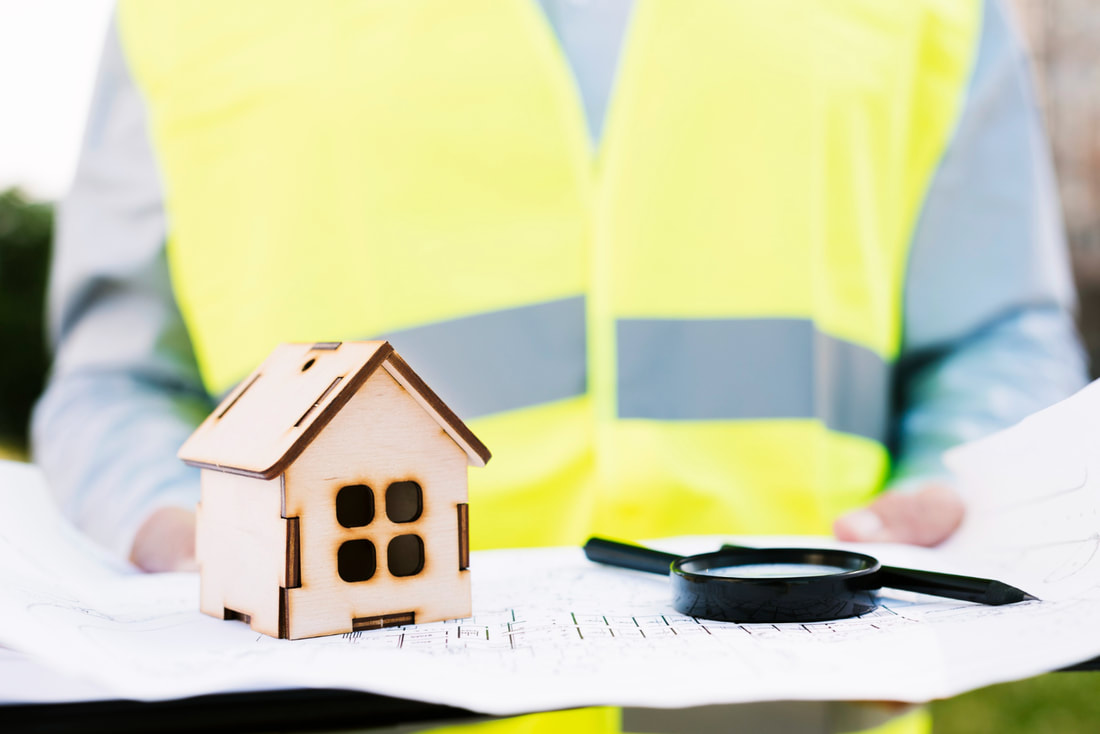

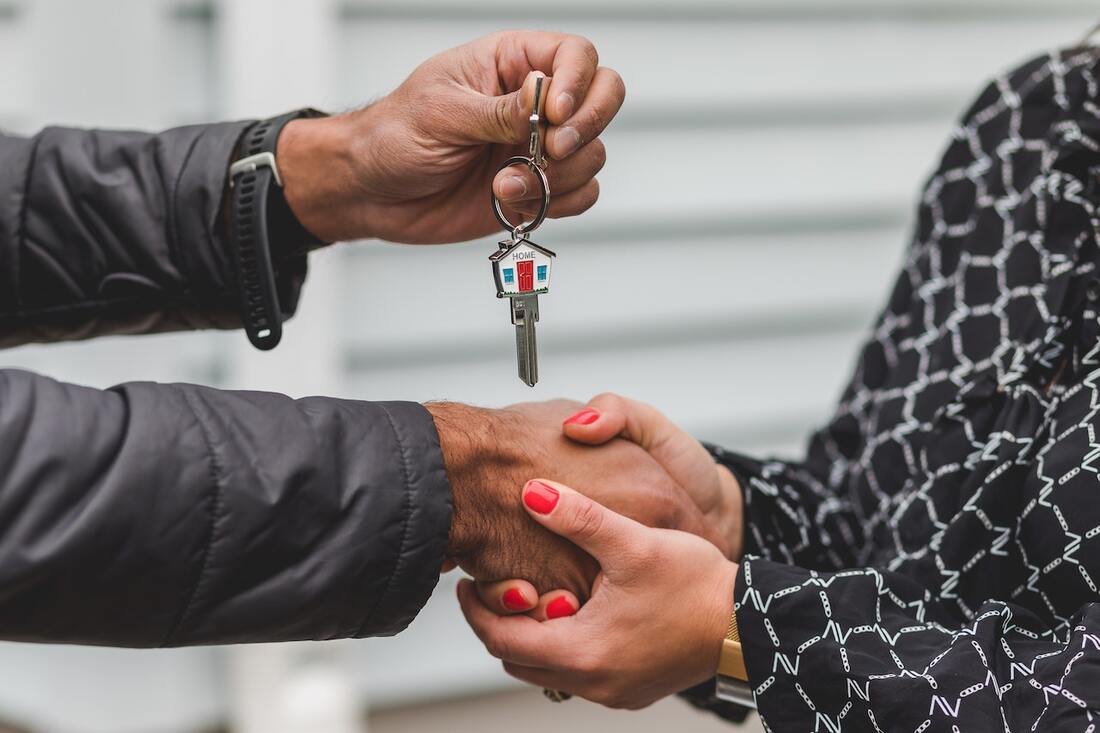


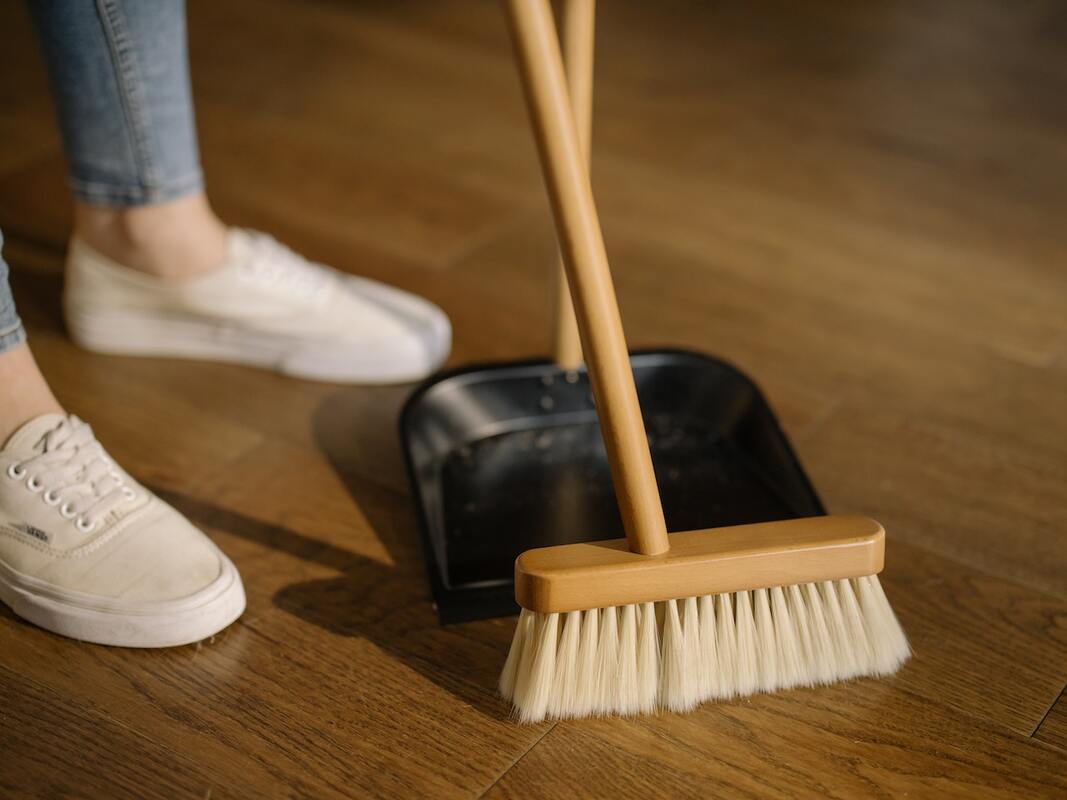
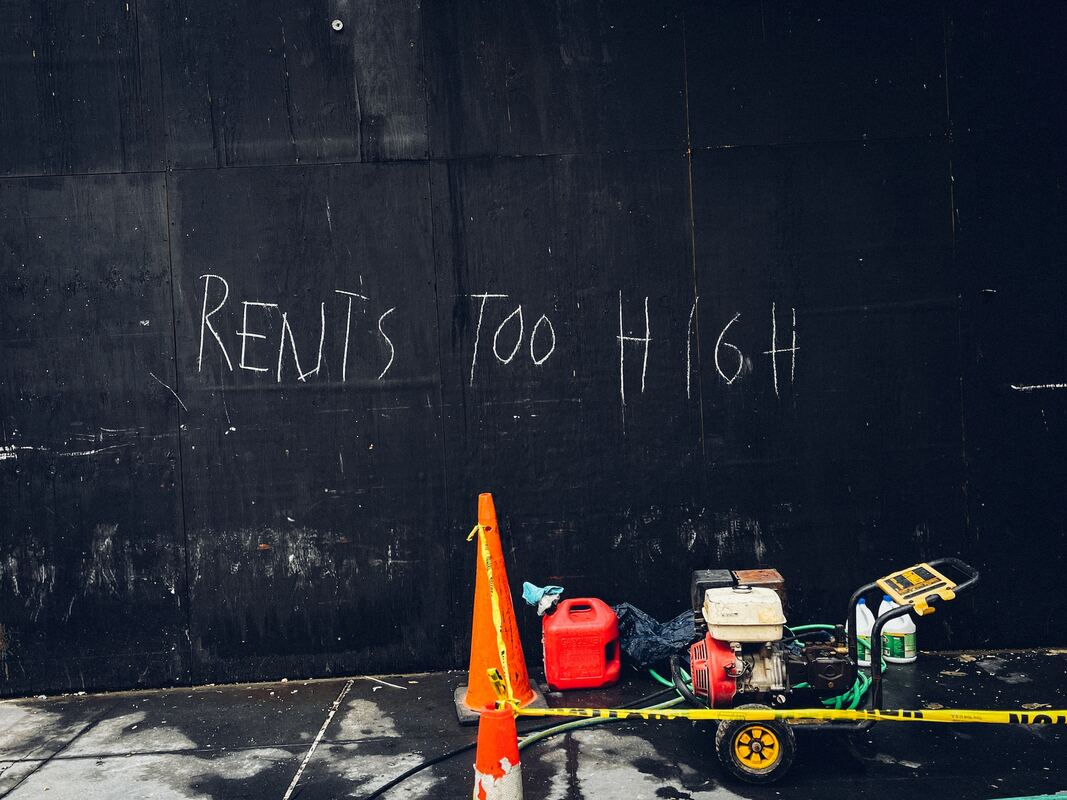


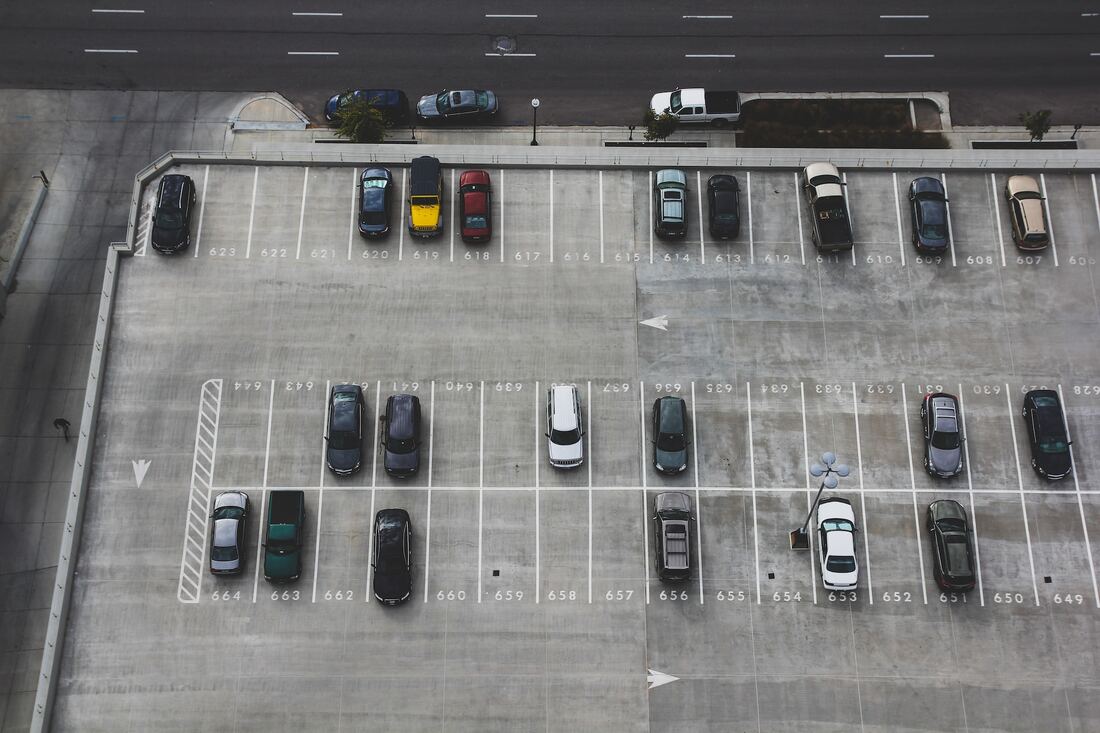
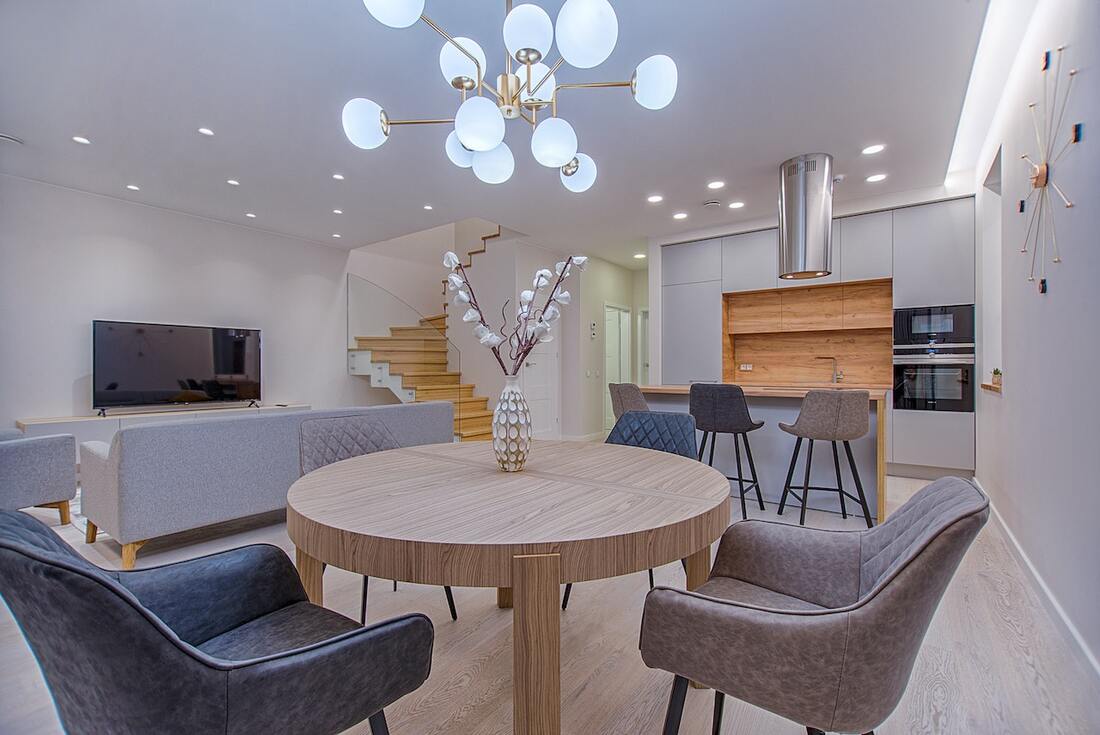
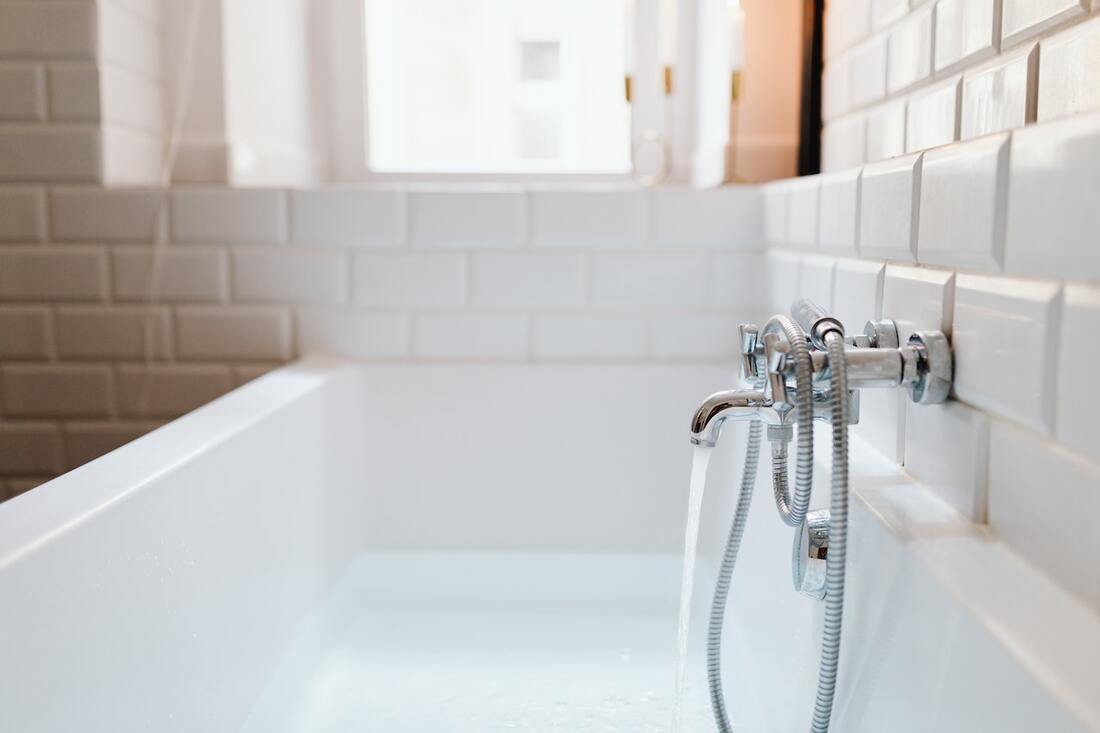
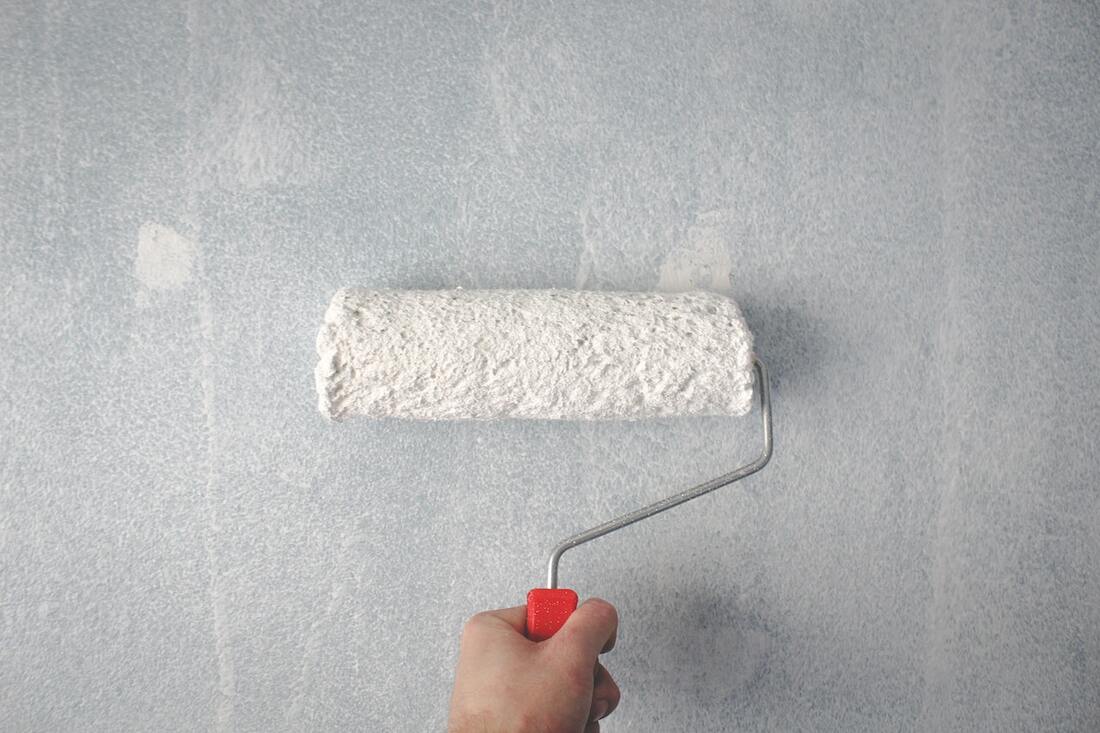
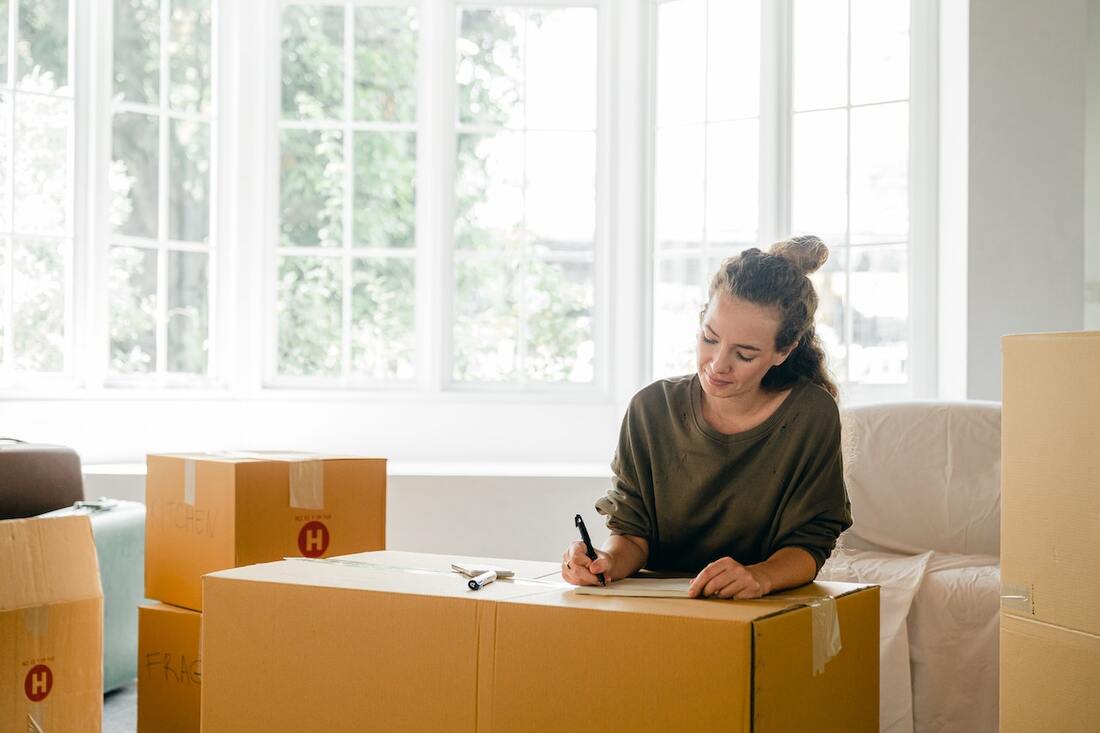
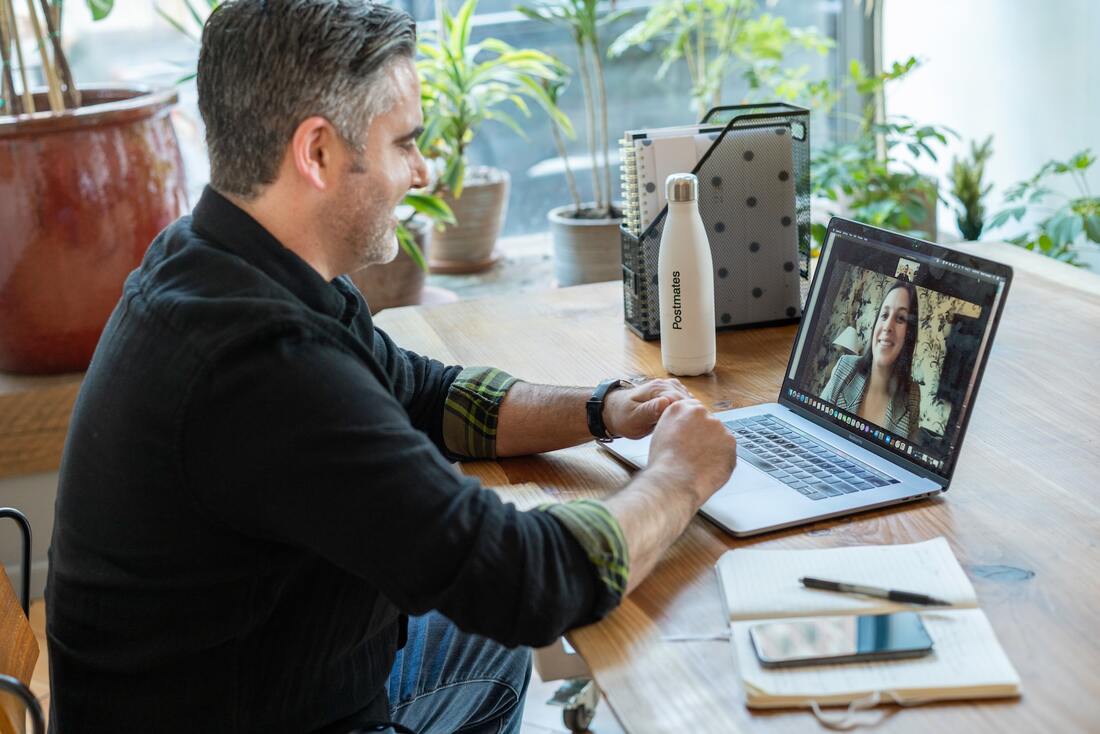

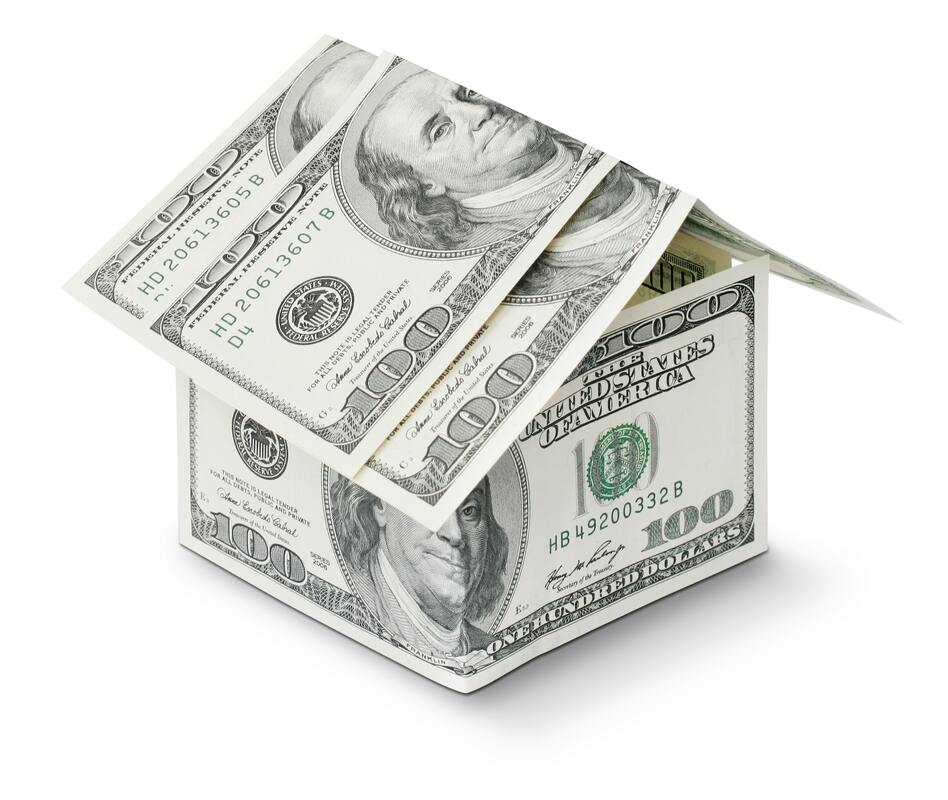

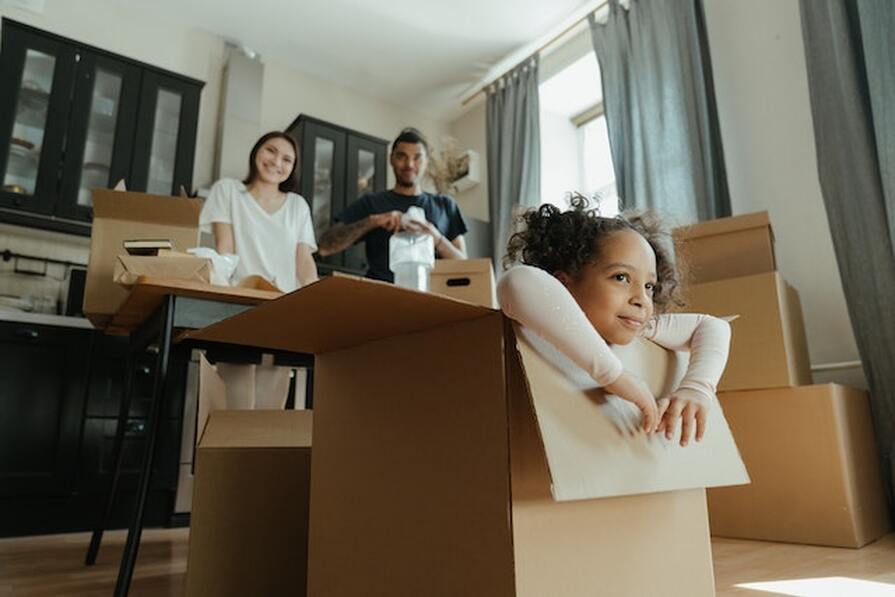
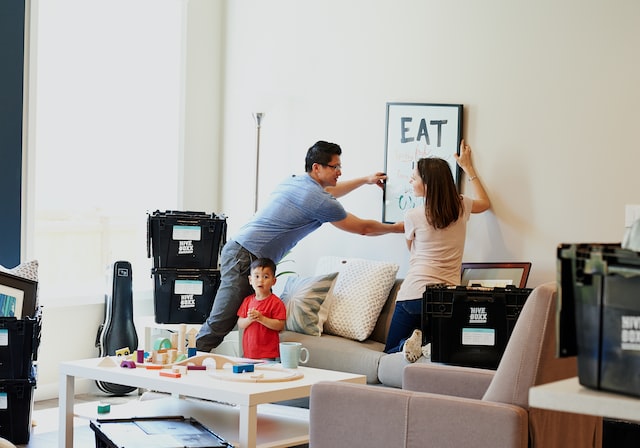
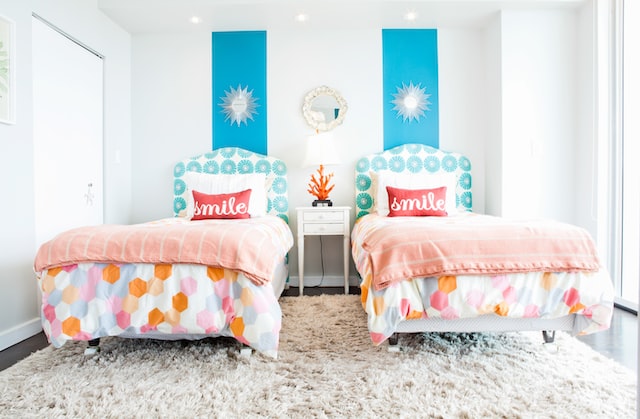




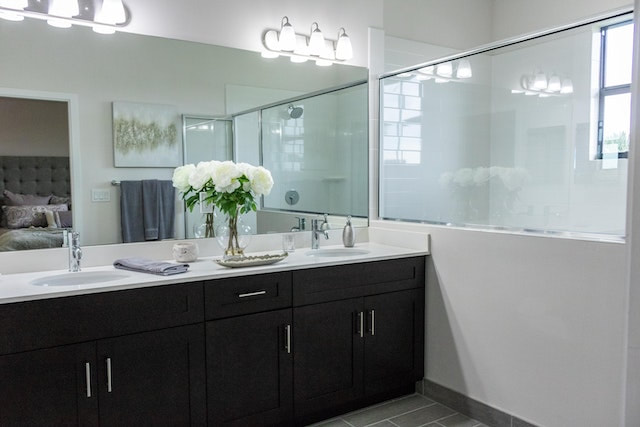

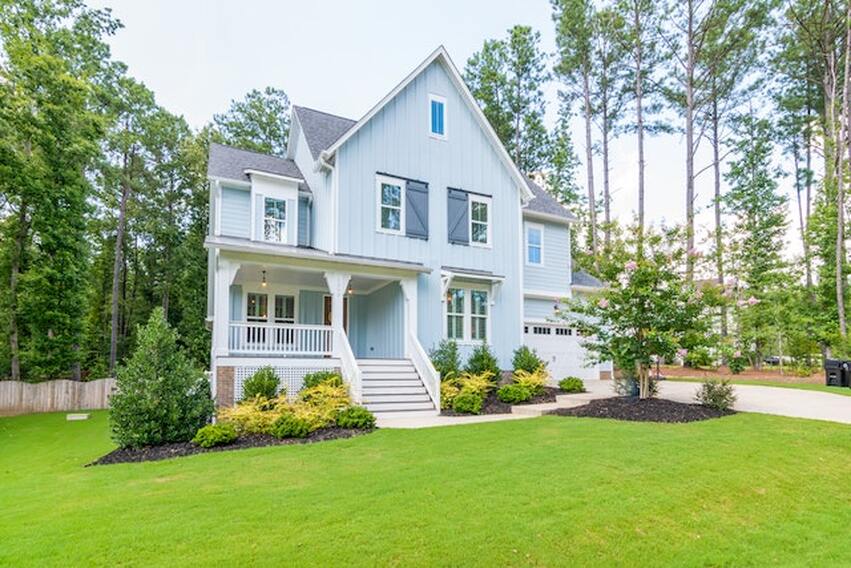
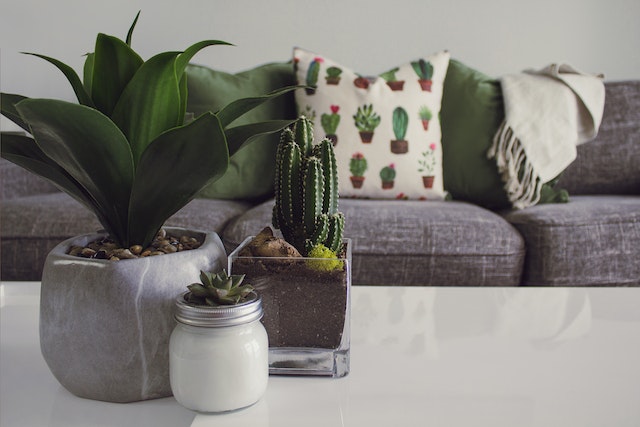

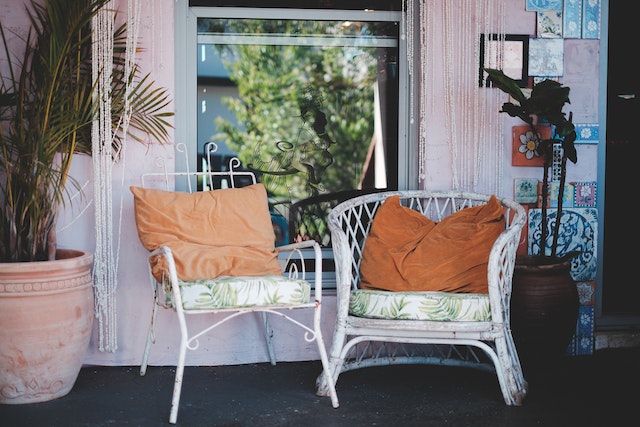

 RSS Feed
RSS Feed

